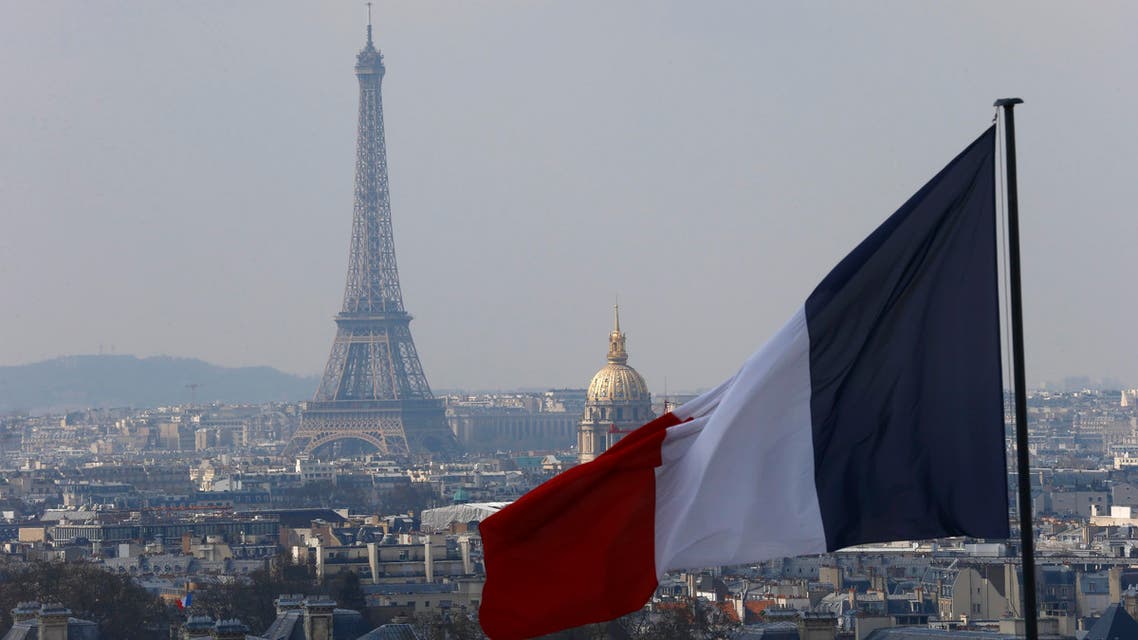France has announced a massive 109-billion-euro ($112.6 billion) private investment into artificial intelligence (AI) as it seeks to solidify its position in the global AI race.
President Emmanuel Macron unveiled the plan ahead of the AI Action Summit, positioning it as France’s answer to the US’s ambitious $500 billion Stargate project.
The AI investment will be sourced from both domestic and international players, including contributions from the United Arab Emirates (UAE), American and Canadian investment funds, and leading French corporations such as Iliad, Orange, and Thales.
The initiative underscores France’s determination to emerge as a key AI hub in Europe and beyond.
One of the standout commitments comes from the UAE, which has pledged between 30 billion and 50 billion euros to build a one-gigawatt AI data center in France.
This facility will be part of a broader AI-focused campus, further enhancing France’s AI capabilities.
Meanwhile, Iliad has committed 3 billion euros toward AI infrastructure, and Paris-based AI firm Mistral plans to invest billions to construct its data center.
France vs. US vs. China
France’s AI investment is significant, but it still pales in comparison to the US and China.
The US Stargate initiative, backed by OpenAI, Oracle, and SoftBank, will channel up to $500 billion into AI infrastructure over the next four years.
Meanwhile, China continues to accelerate its AI ambitions, with firms like DeepSeek making significant breakthroughs.
The challenge lies not only in financial backing but also in the ability to foster innovation while maintaining strong AI governance.
The AI Action Summit in Paris has brought together global leaders and top executives from major AI companies. Notable attendees include US Vice President JD Vance, EU President Ursula von der Leyen, German Chancellor Olaf Scholz, and Canadian Prime Minister Justin Trudeau.
Industry leaders such as Google CEO Sundar Pichai, Microsoft President Brad Smith, OpenAI CEO Sam Altman, and Google DeepMind CEO Demis Hassabis are also participating.
Elon Musk, however, is notably absent from the event.
According to reports, OpenAI’s Sam Altman will urge world leaders to shift their focus from AI risks to embracing growth opportunities.
This perspective contrasts with Europe’s cautious approach, which has often prioritized regulation over expansion.
Is the AI market overheating?
The AI boom has raised concerns about a potential market bubble, particularly with skyrocketing investments in data centers and semiconductor technology. Chinese AI firm DeepSeek recently introduced its open-source AI model R1, boasting a low training cost of $5.6 million.
However, industry analysts, including semiconductor research firm SemiAnalysis, estimate that DeepSeek’s overall investment exceeds $500 million, questioning the credibility of its claims.
Google DeepMind’s Hassabis acknowledged DeepSeek’s advancements but downplayed its significance, stating that the technology does not represent a major scientific breakthrough.
Nevertheless, the competition in AI infrastructure is intensifying, with billions being poured into high-performance computing and AI-driven applications.
Macron’s ambitious AI strategy marks a turning point for France’s digital economy. If implemented effectively, the 109-billion-euro investment could propel France into a leadership position in AI development.
However, challenges remain, including global competition, regulatory concerns, and the need for continuous innovation.
As France takes bold steps toward becoming a key AI player, the coming years will determine whether this investment is enough to bridge the gap between the US and China or if further action is required to keep up with the AI revolution.
The post France’s €109 billion AI investment: Can it compete with the US and China? appeared first on Invezz

